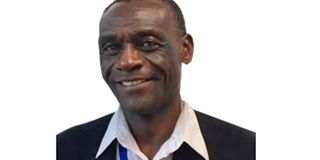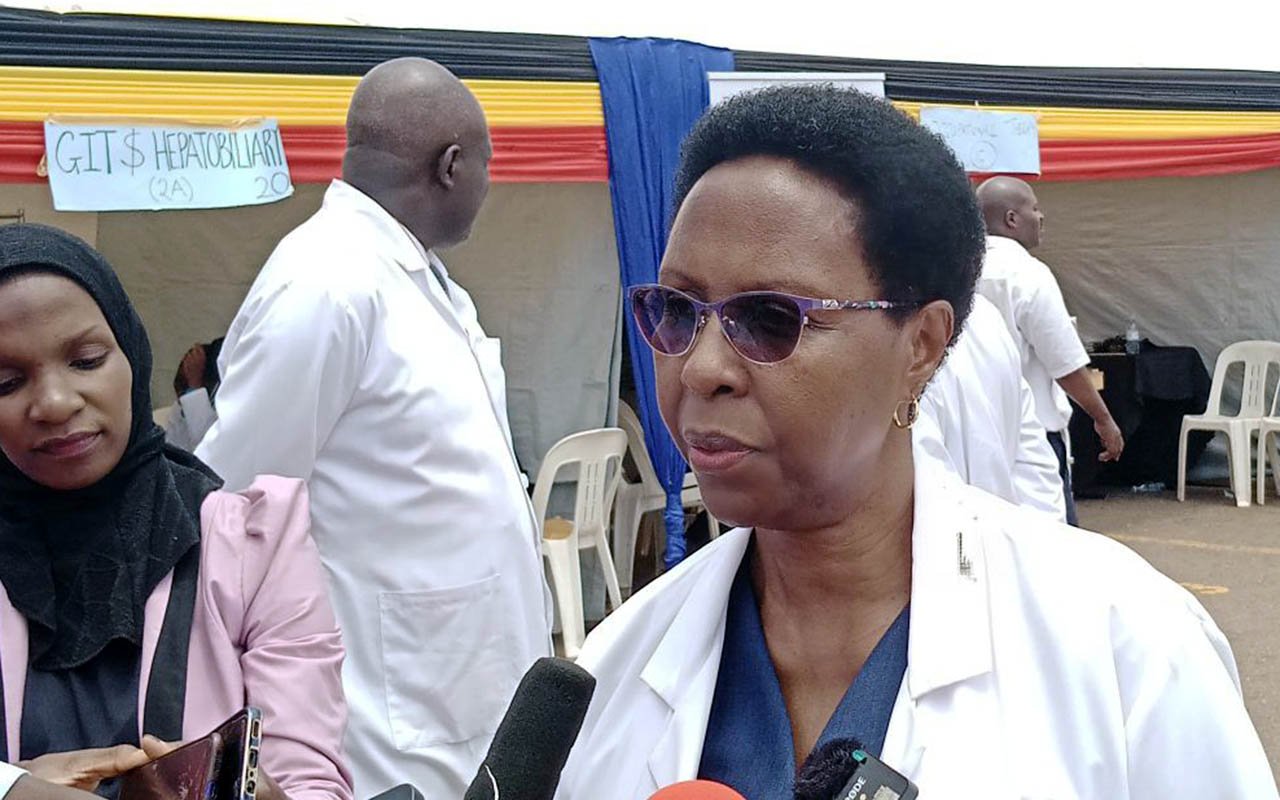Why do we need an Africa Union Protocol on rights of older people?

The most common question people ask me all around Africa in relation to the work I do is: Why do we need an Africa Union Protocol on the rights of older people ratified? The Protocol was adopted at the AU Summit of 2016 by the Heads of State and Government.
An Africa Union ratified Protocol on the rights of older people sends a signal to the world that we still matter as we get older. That we all have the right to a future where we can age with dignity and participate equally.
Africa is experiencing the highest increase of the number of older persons population, who are living longer with valuable capacities as well as vulnerabilities particularly older women who further bear more risks due intersectionality between age and other aspects such as gender, disability, poverty etc.
In 2017, Africa had 69 million older persons (7.1 per cent of global population of older persons), projected to reach 226 million in 2050 (about 10.9 per cent of 60+ globally).
Yet older persons in Africa over the years have been perpetually received less profile in regional and national planning, budgeting and sector specific public policy discourse.
As a result, older persons continue to experience poverty, discrimination and violence. Older people around the world face discrimination every day. Health workers may treat you poorly or deny you treatment, prioritising others and saying your illness is just down to “old age”.
The assumption that older people are incapable of work can make it difficult to find a job, or force you to retire. Ageism can affect our financial situation, our health and our quality of life.
It can leave us feeling isolated and invisible. An Africa Union ratified protocol on the rights of older people gives older people a legally binding platform to fight for their rights.
People also ask me, how does Africa Union ratified Protocol on the rights of older people work? An Africa Union ratified Protocol on the rights of older people will set in motion a chain of events that will trigger transformative change. States will be under pressure to adapt it into their national laws and change their practice.
Such moves and efforts to modify the existing laws, policies and systems is needed for older persons to live with dignity and free from discrimination and violence. For example, age limits that discriminate against older people will be unlawful.
Support and care services will have to consider older people’s wishes, so they can make their own decisions and live their lives in line with what is important to them, not what is convenient to the service provider.
Older people will be able to challenge injustice in their everyday interactions with public services or through the courts, or other complaints’ mechanisms. When we know what our rights are and these rights are protected in law, we can claim them with confidence.
We will be able to challenge public authorities when they say, for example, that we cannot have a particular medical test or treatment because we are too old. We will be able to challenge the insurer or financier on why we deserve the services they render and not be denied simply on the basis of age.
Or we’ll be able to insist that victim support services are available for older women and men who have been subjected to violence, abuse and neglect. We know that older people’s rights are invisible in country and international human rights law. The experience of older age is not addressed in general human rights standards. Older people remain invisible.
An Africa Union ratified Protocol on the rights of older people would change this. It would set out exactly how human rights apply in older age and it would shift away from looking at older people as passive victims toward their recognition as active rights holders.
Empowering older people in this way could help transform their lives, giving many a new sense of hope.
As ageist behaviours are made legally and morally unacceptable, and people start to understand ageism is wrong, there will be a knock-on effect on the way we behave and treat older people in our daily lives.
An Africa Union ratified Protocol on the rights of older people triggers funding for programmes and education initiatives that will help people understand, learn and behave likewise. So, what can we all do to bring about this change?
Ongoing discussions around the continent about an Africa Union ratified Protocol on the rights of older people provide a unique opportunity for us to participate and influence what is happening, at every level of our governance.
Grassroots and community programmes are providing the real-life learning we need to ground an Africa Union ratified Protocol on the rights of older people for the world we live in.
Older people are getting together within their communities to talk about what rights mean to them – rights such as the right to work or access justice; the right to freedom from violence; or the right to keep learning and developing skills. Older people and their organisations are building support within their governments for an Africa Union ratified Protocol on the rights of older people realisation.
In 2017, we saw the Government of Lesotho, in their leadership role on the continent, becoming the first to ratify the protocol. This was followed two years later by the Benin Republic.
In 2019, we saw the governments of Ethiopia and Rwanda take steps to ratifying the Africa Union Protocol on the rights of older people.
We can make change happen. Our achievements are laying the groundwork for success, but there’s still more to do. Uganda, Ethiopia, the South Sudan and the Igad have a very important role to play in achieving an Africa Union ratified Protocol on the rights of older people.
When we have 15 countries ratify the protocol, it will then be implementable on the continent. Let’s work together and make it happen. We count on you.




